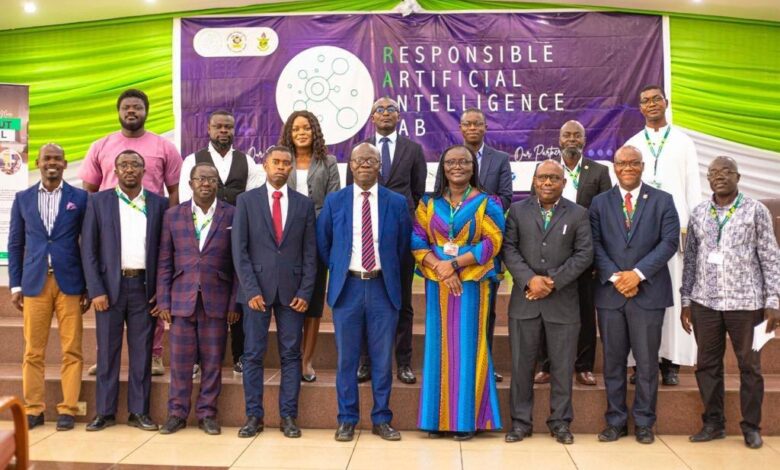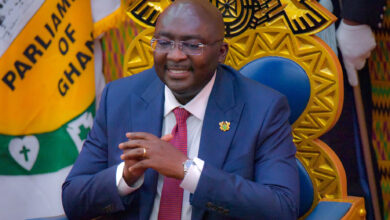KNUST advances research in Artificial Intelligence

The Vice-Chancellor of the Kwame Nkrumah University of Science and Technology (KNUST), Professor Mrs. Rita Akosua Dickson, has said the University remains committed to advancing research in Artificial Intelligence (AI).
This she said is part of efforts to ensure that the country does not get left behind in the application of AI for national socio-economic development.
“We at the KNUST are providing the enabling research environment to our cherished scientists to lead in scientific discoveries, harness innovation and foster scientific collaborations,” the Vice-Chancellor said.
“This is because Ghana and the sub-Saharan Region cannot be left out of the positive outlook that the application of AI is projected to make on global development and national socio-economic transformation.

Workshop
Prof. Mrs. Dickson, who was addressing a workshop in Kumasi on Friday, May 6, 2022, on the theme: “The Role of Responsible AI in Promoting the Sustainable Development Agenda in the sub-Region”, said the global market contribution of AI as of 2019, according to the Grand View Research, was about US $39.9 billion.
“This figure is running into trillions of dollars now, according to the World Economic Forum and has the potential of transforming most economies,” she stated.
The workshop coincided with the inception of the ‘Responsible Artificial Intelligence Lab (RAIL)’ Project, which is being sponsored by the German Development Organisation (GIZ), International Development Research Centre (IDRC)-Canada, and SIDA, an international development organisation.
Some partners in the Project implementation include Université Alioune Diop de Bambey, Senegal (UADB), the University of Cape Verde, (UniCV) and the Gambia Technical Training Institute (GTTI).
Explaining the rationale behind the Project, Prof. Mrs. Dickson said it was meant to deepen understanding of how to develop and apply responsible AI tools for the advancement of computer, social, biomedical, agricultural, and ecological sciences.
“There is the constant intersection of AI application with different environments, contexts, societal and structural arrangements in addition to the ethical and legal ethos that is required to be overcome,” the Vice-Chancellor said.
Transforming economies
Prof. Jerry John Kponyo, Principal Investigator and Scientific Director of the RAIL Project, said it was an undeniable fact that artificial intelligence had become the driver in transforming economies.
“However, it is important that its use is looked through with an ethical lens to ensure people’s rights and privileges are not trampled upon,” he remarked.
Prof. Mark Adom-Asamoah, Provost of the College of Engineering, KNUST, the scientists working on the Project were determined to build the capacities of the participants to help Ghana achieve a breakthrough in AI research and development.





